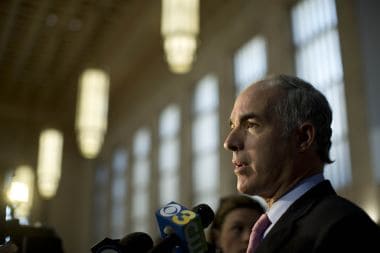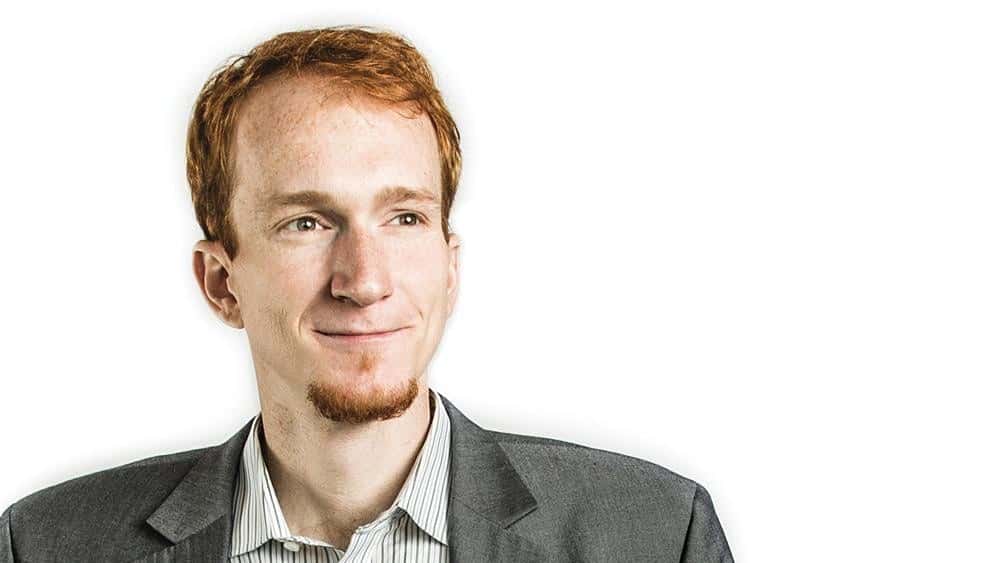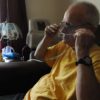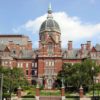Introduction

U.S. senators are crafting legislation to reform the black lung benefits program, using a series of reports by the Center for Public Integrity and ABC News as a guide, Sen. Robert Casey said Monday.
“The system didn’t work” for ailing miners, Casey said. “Their government failed them as well as their company failing. So we have, I think, an abiding obligation to right this wrong.”
The reports revealed how lawyers and doctors retained by coal companies have played a key role in helping defeat the benefits claims of miners sick and dying of black lung disease.
Casey, D-Pa., said he is working with Sen. Jay Rockefeller, D-W.Va., to identify gaps in a bill previously introduced by Rockefeller and to strengthen the legislation to better protect miners.
The U.S. Labor Department is helping the senators with the bill, the department’s top lawyer said Monday.
Meanwhile, government and union officials kept the pressure on Johns Hopkins Medicine, which announced Friday it was suspending its program of reading X-rays for black lung, pending a review, in response to the Center-ABC investigation. Doctors in a unit at Johns Hopkins Hospital have amassed a long record of reading coal miners’ X-rays as negative for severe black lung, the Center-ABC probe found.
The leader of the unit, Dr. Paul Wheeler, has been involved in more than 1,500 cases decided since 2000 but never found the severe form of black lung that automatically triggers benefits. Wheeler has defended his work, saying he is following standard medical practice.
The government agency that certifies doctors to read X-rays for black lung issued a statement Monday saying it was “deeply disturbed” by the findings of the Center-ABC investigation. The agency, the National Institute for Occupational Safety and Health (NIOSH), said efforts to address the problems raised in the reports should emphasize “accuracy and mainstream views and minimize the impact of outlying views.”
“In light of the recent troubling reports, NIOSH applauds the decision of the Johns Hopkins School of Medicine to investigate its [black lung X-ray reading] service and offers whatever assistance we can provide,” the agency wrote.
The union representing miners called for an investigation of doctors in the Johns Hopkins unit. Daniel Kane, the international secretary treasurer of the United Mine Workers of America and a former miner himself, also demanded cases involving Wheeler be reopened.
“I’d like to see the truth come out,” he said. “I’d like to see the wrongdoers in this system exposed for what they’ve been doing. More than anything, I’d like to see the miners fairly compensated.”
Casey also suggested a second look at cases in which miners may have been wrongfully denied benefits. “I think we should examine ways to reopen cases,” he said.
The black lung benefits program was set up in the late 1960s to recognize the unique health risks faced by coal workers. It was supposed to provide financial support if a miner became too sick to work. But in recent years, after coal companies have appealed awards to miners, fewer than 10 percent of applicants have been granted benefits.
Solicitor of Labor Patricia Smith called that track record unacceptable. She said the Labor Department will monitor how administrative law judges weigh medical opinions, saying they should examine a doctor’s credibility, not just credentials. The opinions of Wheeler and his colleagues have been key in many cases largely because of their affiliation with the prestigious institution and their backgrounds.
“What I need to look at is whether there’s a legal problem,” labor official Smith said. “I’m going to be thinking about that long and hard.”
Before the news reports, Johns Hopkins defended the unit’s X-ray readings in black lung cases; it has since said it takes “very seriously the questions raised” in the reports, suspending the program pending a review.
Casey said the overall findings of the Center-ABC investigation were disturbing. “It just shows us there’s a lot more work to do,” he said. “There’s a real sense of frustration when you see we haven’t made nearly as much progress as we thought we were making before having read this report.”
Read more in Environment
Environment
Energy Department ‘bet’ on Fisker Automotive ends in bankruptcy
Breathless and Burdened
Congressmen call for federal investigation of black lung benefits program, citing Center-ABC reports
IMPACT: Labor committee members want IG probe of role of doctors, lawyers




Join the conversation
Show Comments